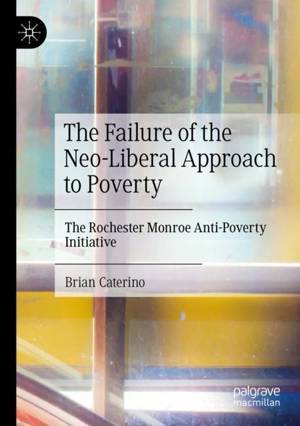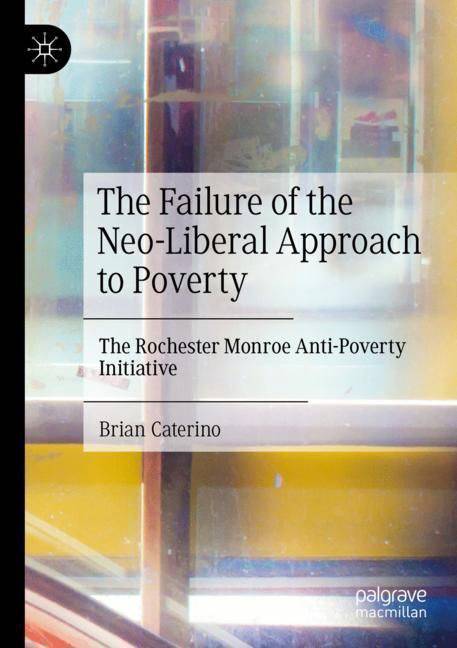
- Afhalen na 1 uur in een winkel met voorraad
- Gratis thuislevering in België vanaf € 30
- Ruim aanbod met 7 miljoen producten
- Afhalen na 1 uur in een winkel met voorraad
- Gratis thuislevering in België vanaf € 30
- Ruim aanbod met 7 miljoen producten
Zoeken
The Failure of the Neo-Liberal Approach to Poverty
The Rochester Monroe Anti-Poverty Initiative
Brian Caterino
Paperback | Engels
€ 105,45
+ 210 punten
Uitvoering
Omschrijving
This book examines the foundation and progress of the Rochester Monroe Anti-Poverty Initiative (RMAPI). Poverty has once again become a major issue in American cities, and nowhere more so than Rochester, which has one of the highest rates of poverty in the nation. RMAPI was established to reduce poverty, yet in the five years since its formation the poverty rate is essentially unchanged. Analyzing the reasons behind its failure, this book argues that the very nature of the organizational framework is part of the problem, and that RMAPI's project is caught up with contradictory imperatives of neo-liberal welfare reforms. More than just a study of local interest, the book uses Rochester as a case study to illuminate the limits of the neo-liberal approach to poverty. It will appeal to all those interested in political science, urban politics, community studies, welfare policy and public administration.
Specificaties
Betrokkenen
- Auteur(s):
- Uitgeverij:
Inhoud
- Aantal bladzijden:
- 250
- Taal:
- Engels
Eigenschappen
- Productcode (EAN):
- 9783031106088
- Verschijningsdatum:
- 8/09/2023
- Uitvoering:
- Paperback
- Formaat:
- Trade paperback (VS)
- Afmetingen:
- 148 mm x 210 mm
- Gewicht:
- 312 g

Alleen bij Standaard Boekhandel
+ 210 punten op je klantenkaart van Standaard Boekhandel
Beoordelingen
We publiceren alleen reviews die voldoen aan de voorwaarden voor reviews. Bekijk onze voorwaarden voor reviews.











